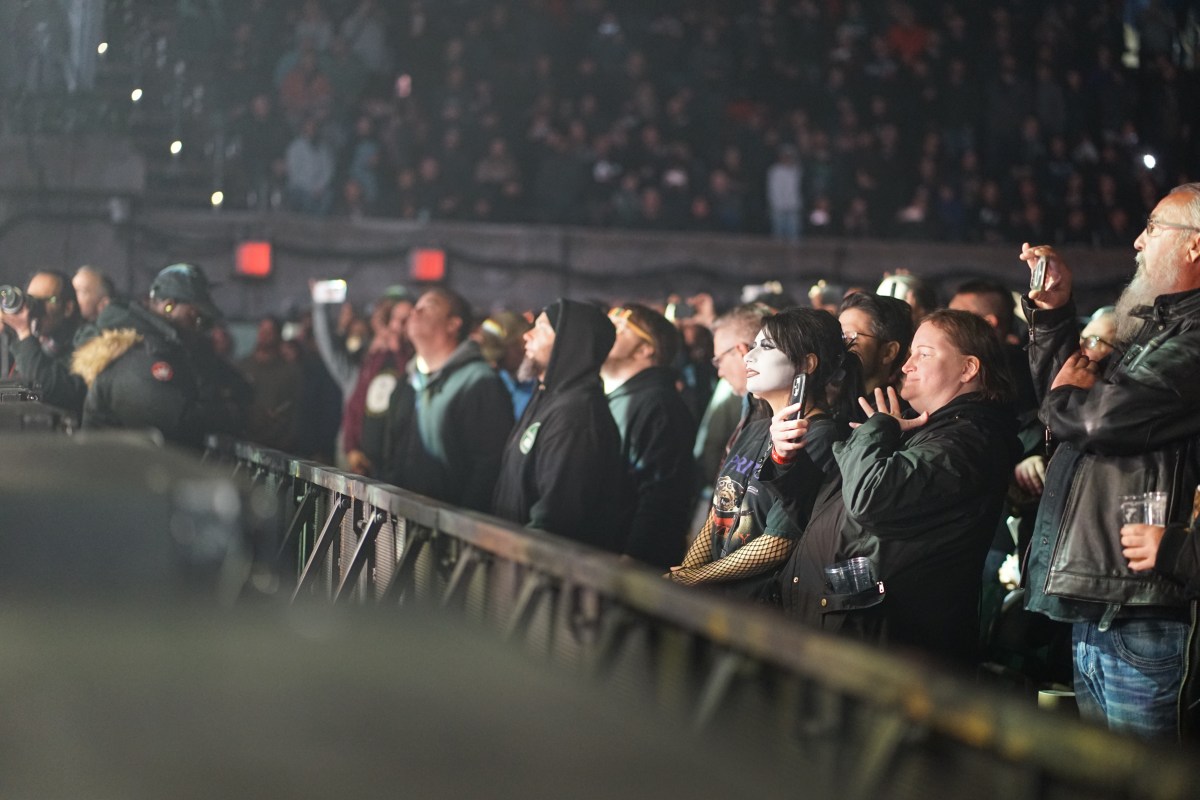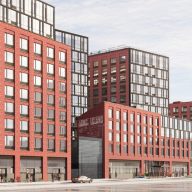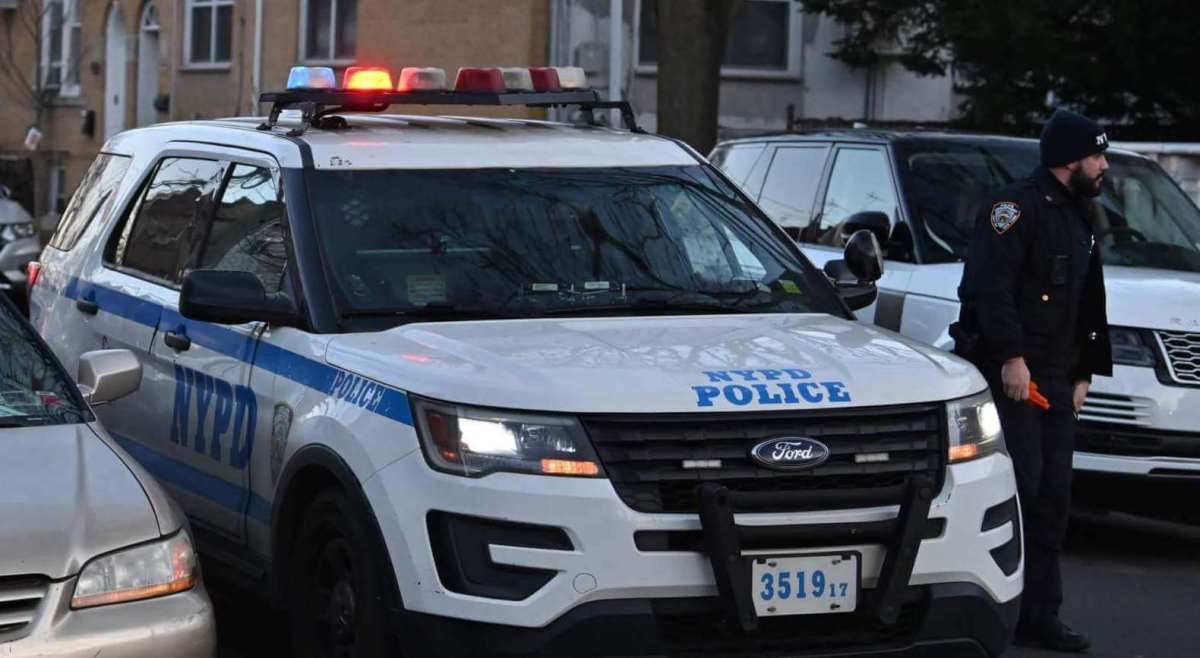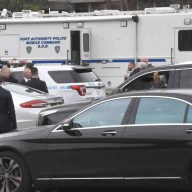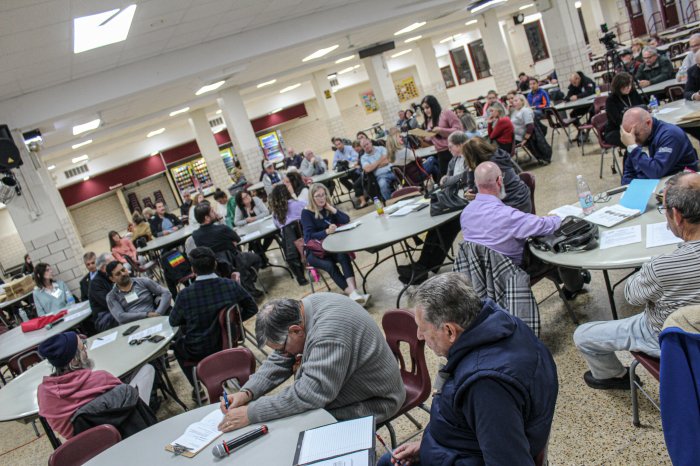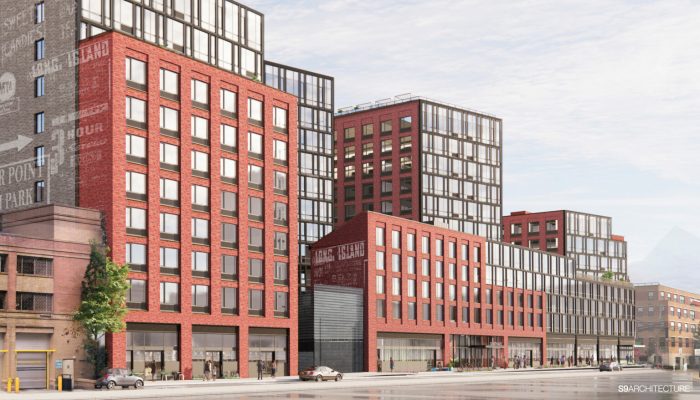By Dustin Brown
In a community where residents have long lamented the abundance of power plants and fought the construction of new ones, a recent flurry of transformer fires has renewed concern about the aging facilities’ ability to keep up with the times.
A fire broke out at the Astoria Generating Station operated by Reliant Energy late in the evening of July 29, and with clockwork precision a second blaze erupted at NRG Energy’s neighboring Astoria Gas Turbines less than 30 hours later.
The fires at both 20th Avenue facilities came in the midst of a lengthy heat wave during which temperatures that soared above 90 degrees were already putting a strain on the city’s power supply.
The city was forced to bring in electricity from sources in Long Island and upstate New York to temporarily deal with the loss of local generating capacity that resulted from the fires, according to Carol Murphy, a spokeswoman for the state’s Independent Systems Operator.
The most visible repercussion was a severe reduction in the number of rush-hour subway trains running in Queens the afternoon of July 31 and the brief elimination of air conditioning on the No. 7’s above-ground route, causing headaches for borough commuters who were already enduring a lengthy bus strike.
But whether the power crunch was urgent enough to prompt such measures is a matter of dispute.
“All we do is ask customers like that to consider reducing their load. How they do it is up to them,” said ConEd spokesman Art Cronson. “We never told them to do what they did. They did it on their own.”
But New York City Transit spokeswoman Marisa Baldeo said ConEdison instructed the agency to “shed nonessential load” on July 30 after the first fire but gave a more critical warning the following day.
“On Wednesday they called our power department and said that their network is in danger, we need to shed load,” Baldeo said. “We went ahead and reduced the number of trains for rush hour service, because we didn’t want all our trains out there using all that power. God forbid the system shuts down, all of our passengers are out there stuck.”
Although the Reliant fire also caused temporary outages that lasted some hours for a few thousand customers in Queens, the blaze at NRG did not cause any immediate loss of power.
Beyond the temporary inconveniences of stalled trains and stuffy subway cars, however, the spate of fires at power facilities is calling attention to the city’s aging electricity infrastructure and its ability to keep up with rising power demand.
Both fires were caused by the failures of transformers, which increase the voltage of electricity so it can be transmitted over power lines more efficiently. Reliant spokesman Liam Baker said the failure could have been tied to the age of the transformer, which is 40 years old, although he stressed that such a conclusion would be premature before an investigation is completed.
“They are old, they’ve been running a lot — they weren’t meant to run this much,” said Murphy, the ISO spokeswoman. “It’s time to get some new plants built so these things don’t have to run as much as they’ve been running.”
But area environmentalists want to see the existing facilities rebuilt with more efficient, less polluting systems before new plants come on-line.
“They should have upgraded those facilities a long time ago,” said Tony Gigantiello, president of the Astoria-based environmental group CHOKE, Communities Helping to Organize for a Kleaner Environment. “They waited for all the systems to be overloaded. They couldn’t handle the demand and they’re just a burden on all the systems.”
ConEdison, which originally owned both facilities and sold them to their current operators in the late 1990s, responded that the company “has maintained all equipment to the highest professional standards,” spokeswoman Carol Conslato said.
State Assemblyman Michael Gianaris (D-Astoria) also reacted to the fires by renewing his call for the city’s “outdated power plants and transmission facilities” to be improved.
“Modernizing our energy facilities is the only answer,” Gianaris said. “It is the road to safe and reliable energy supply, increased capacity and cleaner air.”
ConEd has also invested $533 million this year to upgrade its transmission and delivery system, which has been criticized for its inability to handle the city’s electricity load, particularly following massive blackouts across Washington Heights in 1999.
Although the Reliant plant is slated to be repowered or completely rebuilt with more efficient equipment that reduces pollution, the project has been stalled by the company’s inability to find financing.
Reach reporter Dustin Brown by e-mail at Timesledger@aol.com or call 229-0300, Ext. 154.







